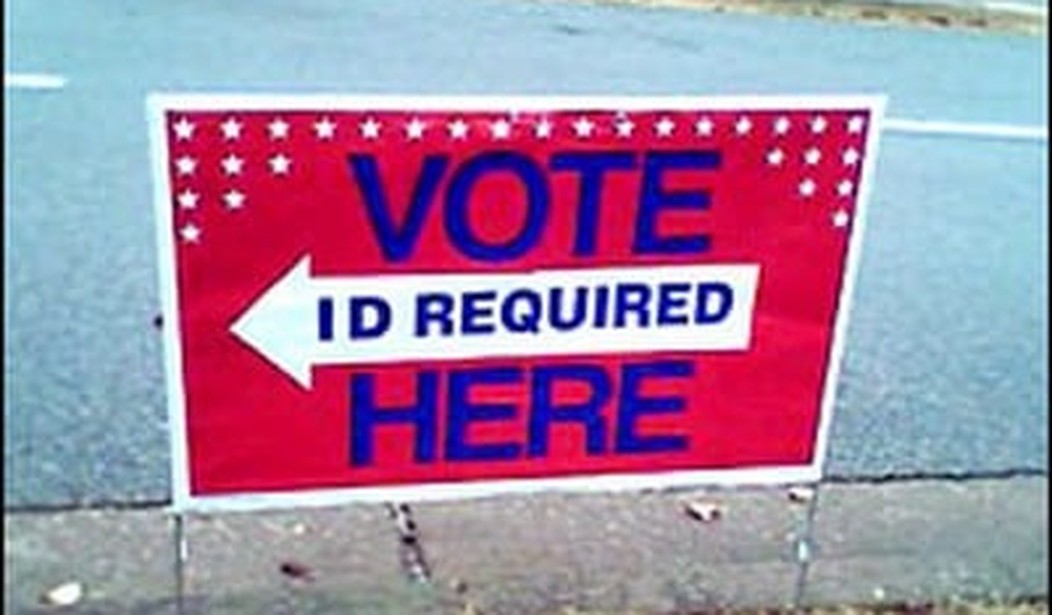WASHINGTON – Republicans and Democrats continue to disagree sharply on whether a law to protect the voting rights of minorities is still needed, one year after a Supreme Court landmark decision.
Members of the Senate Judiciary Committee debated legislation that would update a provision of the 1965 Voting Rights Act. The hearing took place on June 25, a year after the Supreme Court’s decision on Shelby County v. Holder that struck down part of the Voting Rights Act.
The Supreme Court ruled last June that the formula in Section 4 of the Voting Rights Act used to define which areas the Justice Department would monitor for discrimination was outdated and Congress could come up with a new one. Section 5 of the act had required certain states and areas with a history of racial bias in voting to submit any election law changes to the federal government for approval, also known as preclearance, before they went into effect.
The court’s decision did not strike down Section 5, but without Section 4, no jurisdiction will be subject to the preclearance unless Congress passes a new bill for determining which states should be covered.
Sen. Patrick Leahy (D-Vt.) introduced legislation in January that would mandate federal preclearance for states with documented voting rights violations in the previous 15 years. If passed, four states would fall under federal oversight for their voting laws – Georgia, Texas, Mississippi, and Louisiana.
“I was hopeful that Senate Republicans would join me in supporting this important bill,” Leahy, who chairs the Senate Judiciary Committee, said during the hearing. “Despite repeated efforts, I am troubled to report that as of this hearing, not a single Senate Republican has stepped up to the plate.”
Section 5 was originally scheduled to expire in five years, but Congress has repeatedly extended it since the 1970s. When the Voting Rights Act was last reauthorized in 2006, no Republican senators voted against it. In 2014, however, no Republican senators have co-sponsored the amendment to update it.
“From its inception through several reauthorizations the Voting Rights Act has always been a bipartisan, bilateral effort,” Leahy said. “And it would be a travesty if it became partisan for the very first time in this nation’s history.”
Democrats also complained about the “lack of willingness” to move forward with legislation shown by House Republicans.
The House version of the bill has 10 Republican co-sponsors led by Rep. Jim Sensenbrenner (R-Wis.). House Judiciary Committee Chairman Bob Goodlatte (R-Va.), whose committee would be in charge of moving the bill, told reporters at a breakfast sponsored by the Christian Science Monitor that there was no real urgency to address the changes made by the Supreme Court.
Sen. Chuck Grassley (R-Iowa) said the Voting Rights Acts works well enough without Section 4. He said the court’s decision was justified because circumstances have vastly changed since 1965.
“All it did was strike down a formula almost 50 years old,” Grassley said of the Supreme Court’s ruling.
Grassley noted that other sections of the Voting Rights Act still stand and are currently being enforced in several states.
“No one should doubt that voter discrimination is less widespread than it was in the 1960s. The current Voting Rights Act is strongly enforced and is protecting the rights of all Americans to vote,” he said.
Abigail Thernstrom, an adjunct scholar at the American Enterprise Instiute, called Section 4 “a period piece” because its coverage formula rested on 1972 voter participation data and said that other sections of the act provide “ample protection against electoral discrimination.”
Michael Carvin, a Washington-based attorney, acknowledged that race bias in voting still exists. But he argued that Section 2, which allows victims of discrimination to sue after the fact, is “a very effective remedy for any form of unconstitutional discrimination.”
Sen. Ted Cruz (R-Texas) noted that his state has a record for electing more African-Americans and Hispanics for office than almost any other state and that the turnout numbers during the 2012 election for these two communities in Texas was better than in other states. He said the turnout was proof that Texas, along with many other southern states with a history of racial discrimination, has evolved.
“What justifies singling out a select number of states for some sort of special treatment?” Cruz asked.
Sherrilyn Ifill, president of the NAACP Legal Defense and Education Fund, said the 2012 minority voter turnout should push Congress to act, not convince lawmakers that America has overcome its history of racial discrimination.
“It shows the determination of minority voters to turn out and participate despite the obstacles,” Ifill said. “It should inspire Congress to pass this bill.”
Sen. John Cornyn (R-Texas) also raised concern that the bill placed undue burden on certain states.
“It imposes a presumption of guilt that is not borne out certainly by the evidence,” Cornyn said.
Ifill said that the Voting Rights Act was “universally recognized as the most successful piece of legislation to emerge from the civil rights movement” but that as a result of the decision, “minority voters have been left without critically needed voting protections for an entire year.”
Democrats say racial discrimination still exists and that voters still need the protection provided by the preclearance, arguing that it allows for potentially discriminatory actions to be stopped before they take effect.
“If the Voting Rights Act is not modernized, then you are effectively ending the second Reconstruction of the United States,” Rev. Francys Johnson, the president of the Georgia NAACP, told members of the committee.
Grassley said the legislation also provides a “backdoor mechanism” to undo voter ID laws passed in many states controlled by Republicans.
“The bill seems to create only a fig leaf of protection for legitimate voter ID laws, which are supported by 70 percent or more of Americans in every poll that I’ve seen,” Grassley said.









Join the conversation as a VIP Member